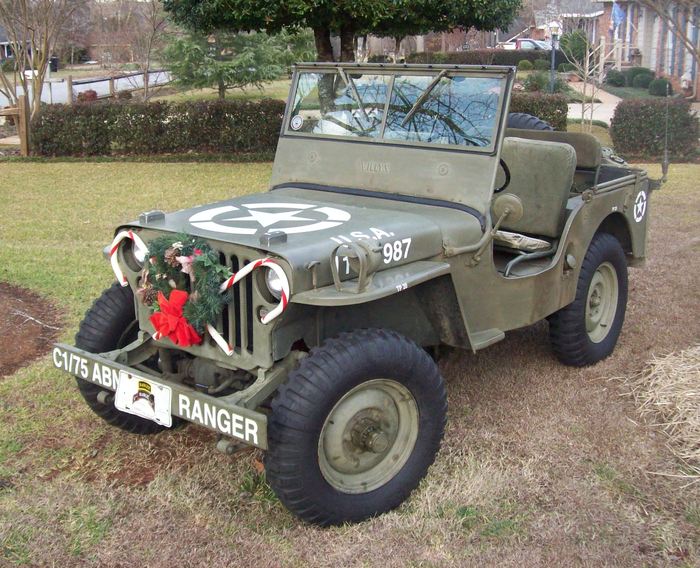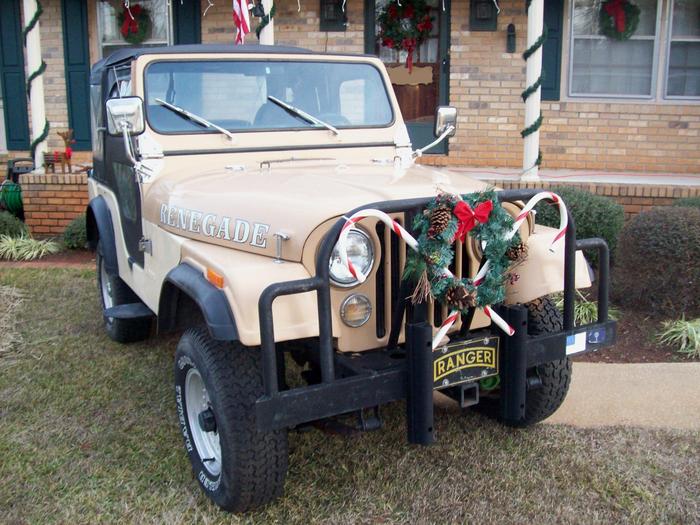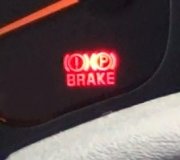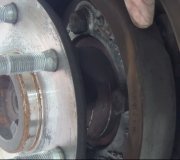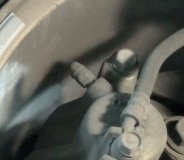You do need to bleed the brakes. Here is the proceduire;
As far as bleeding the brakes go, you have to bleed all 4, especially in your case, and keep the pads completely free of any brake fluid contamination.
To do this, get a large soda bottle and some clear hose that fits the bleed nipple snugly from your local hardware store.
Fit one end over the bleed screw and run the line higher than the bleed screw then into the bottle. Put a little axle grease on the threads and once you get some of the air out, you can just keep flushing fluid without stopping to hold and release and tighten bleed screw. Since you have so many issues, I would suggest flushing it until it comes out clean.
Starting at the right rear caliper, (This is the farthest from the master cylinder and needs to be done first.)Pump and hold but you can also just pump if the level in the master cylinder is dropping. It takes a while to get fluid going from such a far place especially with a new caliper. To create the pressure to get the fluid going, it has to fill a large cavity the the master cylinder is not designed for. The master cylinder only moves a little bit of fluid when you use your brakes. So be patient, it will come.
If the pedal gets hard to pump, there is contamination somewhere and is often in the bleed screw. Remove it and clean it out.
Now move on to the drivers' side rear brake. Then the passenger side front brake. Then lastly the drivers front brake.
This system of working farthest away from the master cylinder to the closest helps remove the most contamination and helps more fluid to move along.
ALSO, never let the master cylinder get below the low mark. That will pump air into the brakes. If you think bleeding the farthest caliper is hard, a master cylinder is a killer to bleed.
SPONSORED LINKS
Saturday, December 29th, 2012 AT 1:42 AM

